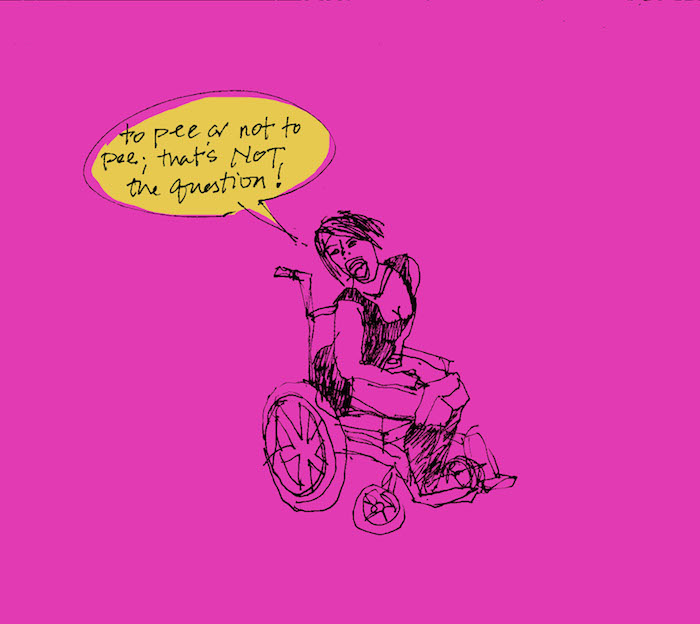
Alice Wong
@SFdirewolfAlice Wong is the Founder of the Disability Visibility Project, a community partnership with StoryCorps collecting oral histories of from the disability community. Alice works at the Community Living Policy Center at UC San Francisco as a Staff Research Associate and is a sometime Research Consultant/Freelance Journalist. She believes access to the Internet is a human right and that disability rights are human rights. Web accessibility, assistive technology, and increasing the number of people with disabilities in STEM careers are just some of the issues she cares about. She’s also a proud disabled Nerd of Color.
Pieces
Building Accessible Tech and Culture: Interview with The Women of Transcribe Online
"We’re hoping it can change lives as well as movement and organizing work."
Q&A with STEM Professionals with Disabilities
In the current discussion on diversity and STEM, as with so many diversity initiatives, disability is usually excluded or thought of purely in terms of accessibility or accommodations.
by Alice Wong
Assistive Technology By People with Disabilities, Part II: Designing Better Makeathons
Makeathons and other similar events want to “do good” and “make the world a better place.” The people behind these events need to realize *how* they do them is as important as *why* they are doing them.
by Alice Wong
Assistive Technology By People with Disabilities, Part I: Introducing Team Free to Pee
Very often, specialized companies create assistive technology with little input from actual users with disabilities. These products are usually institutional in look and feel, overpriced, and only reimbursable by insurance.
by Alice Wong
UX of People with Disabilities: Advancing Accessibility in Social Media
The power and promise of social media is still out of reach for some people with disabilities who do not have the same ease-of-use and benefits as non-disabled users.
by Alice Wong




